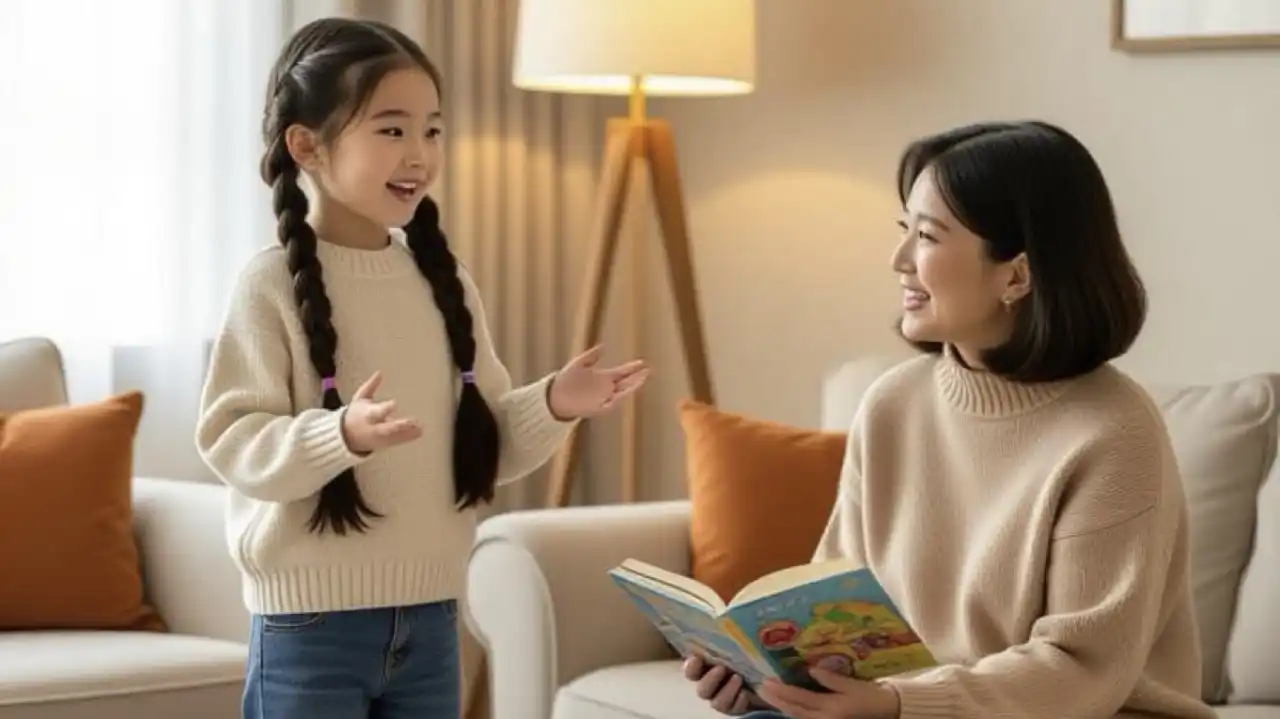
Fostering Freedom of Expression: Conclusion
F
reedom of expression is not just a skill—it’s the soil from which all thinking grows. When children feel safe to speak, they begin to shape ideas, test beliefs, and form convictions. With each moment you invite their voice—whether through a quiet chat, a curious question, or a daring disagreement—you are showing them how to be both brave and thoughtful. These are not just traits for a classroom. They are tools for a lifetime.
We’ve seen how open spaces, active listening, and safe boundaries give children the confidence to explore and share. We’ve watched them discover themselves through curiosity, thrive in spirited debates, and grow bold through questioning. These steps form a quiet revolution in your home, replacing silence with spark, and hesitation with insight.
But this isn’t just about talk. It’s about raising a thinker—someone who weighs truth, honors other views, and holds steady in the face of pressure. Children raised to speak freely are better equipped to navigate complex friendships, school challenges, and future careers. Their voices gain shape, and their minds, strength.
As you move forward, continue to make room for their thoughts. Ask what they see, think, or feel. Invite them to disagree—and show them how to do so with grace. In a world flooded with noise and haste, your home becomes something timeless: a haven for clarity and courage. Like the agoras of ancient Greece, it is a place where young minds stretch, speak, and sharpen. The next chapter builds on this strength, helping children explore a world of ideas, cultures, and histories—so their voice not only speaks, but also understands.
Table of contents

Primordial Soup for the Mind: Navigation
Navigate the book Primordial Soup for the Mind.
Further Reading
- Engel, S. (2011). Children’s Need to Know: Curiosity in Schools. Journal of Child Development.
- Hart, B., & Risley, T. R. (1995). Meaningful Differences in the Everyday Experience of Young American Children. Brookes Publishing.
- Rubin, K. H., Bukowski, W. M., & Laursen, B. (2006). Handbook of Peer Interactions, Relationships, and Groups. Guilford Press.
- Christakis, E. (2016). The Importance of Being Little: What Young Children Really Need from Grownups. Viking.
- Bronson, P., & Merryman, A. (2009). NurtureShock: New Thinking About Children. Twelve.
- Stiffelman, S. (2015). Parenting with Presence: Practices for Raising Conscious, Confident, Caring Kids. New World Library.
Online Resources
- APA: Competition in Child Development
- Edutopia: Self-Efficacy
- Ancient Greek Sports Competitions
- Renaissance Patronage and Competition
- Science Buddies: Steps of the Scientific Method
- Edutopia: Teaching the Scientific Method Hands-On
- Psychology Today: Developing Logical Thinking in Children
- Parenting Science: Tips for Raising Smart Kids
- APA: Critical Thinking and Problem Solving
- NAEYC: Learning Through Everyday Experiences
- Bildung – Wikipedia
- What is Bildung? – Nordic Bildung
- National Trust for Historic Preservation
- Khan Academy



